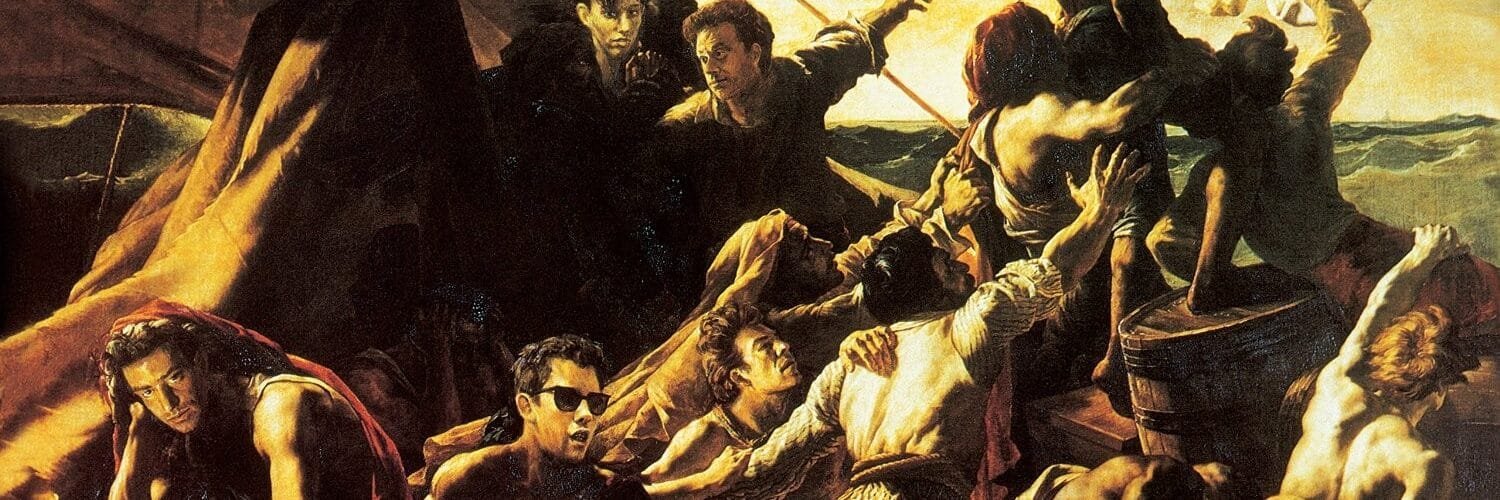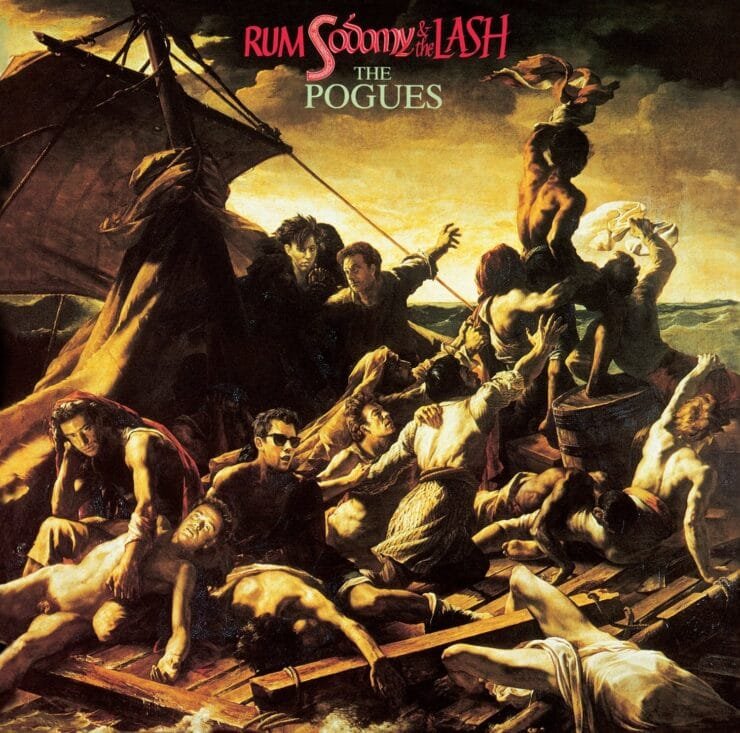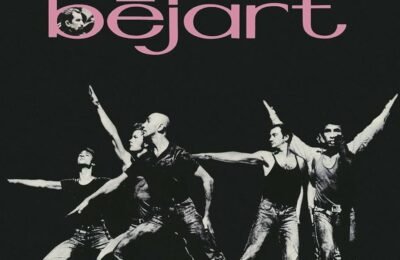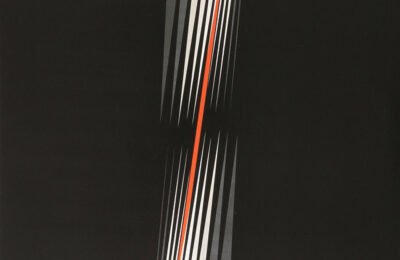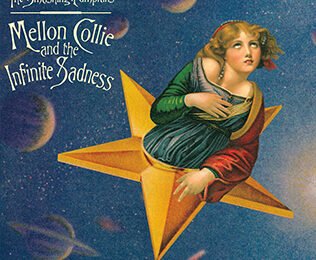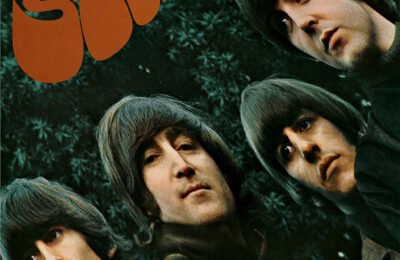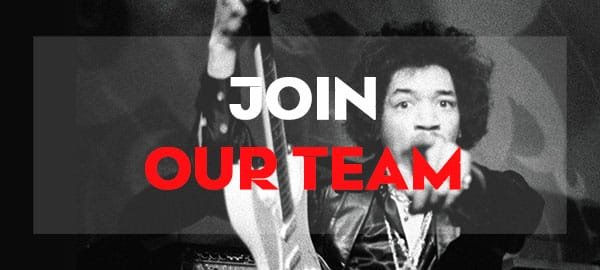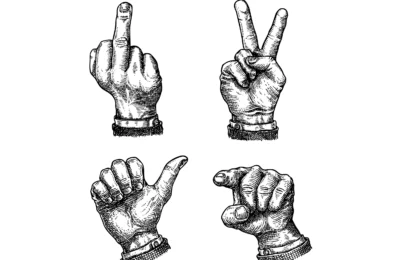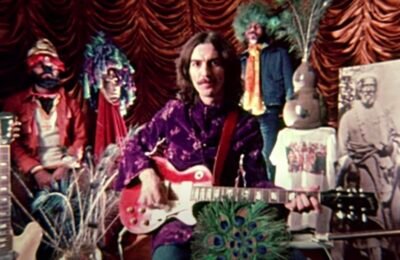From punk to trad
One fine day, Shane MacGowan, a young London punk of Irish descent, is wandering through the Tube. In a corridor, he comes across a tin whistle player named Spider Stacey. The two hit it off and chat about their respective bands: Shane is a founding member of a group called The Nipple Erectors, and Spider plays with The Millwall Chainsaws.
A few years later, The Nipples are no more. Shane has rediscovered Irish traditional music and swears by it. With his friends Jem Finer and Spider Stacey, he embarks on a new adventure: forming a traditional Irish band. But this isn’t about clean-cut folk revivalism or polite balladeering. What they had in mind was raw, gritty, pub-born Irish music, seisiún soaked in Guinness and driven by the spirit of rebellion — something closer to the barroom brawls of The Dubliners than to the polished anthems of the Wolfe Tones.
Trad with an attitude
The Pogues emerged at a time when Irish folk and traditional elements were being reworked in different directions — from the electric fusion of Horslips and the balladic fervour of the Wolfe Tones, to Thin Lizzy’s Celtic-influenced rock or the trad superband Planxty. But what set the Pogues apart was their punk DNA. They didn’t just borrow from the tradition — they ran it through the chaos and energy of London’s punk scene, creating something entirely their own.
And so, in 1982, a new band is born: Pogue Mahone (from the Gaelic póg mo thóin, meaning kiss my arse), thanks to a brilliant idea from Spider.
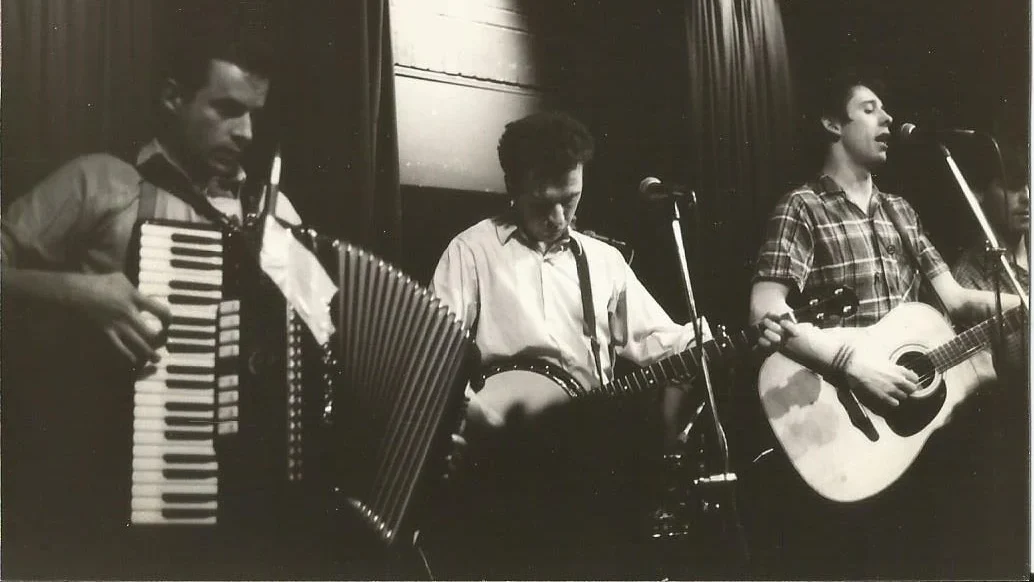
The Coestello’s touch
Made up exclusively of musicians from the London punk scene — all of Irish origin — the group gets going, playing small venues and, mostly, pubs. Their first album, Red Roses For Me, comes out in 1984 and has modest success. And then, a decisive element enters the picture for the Pogues. This element wears glasses and goes by the name Elvis Costello.
Costello spots them and instantly sees the potential. He decides to take them under his wing: “I saw my task was to capture them in their dilapidated glory before some more professional producer fucked them up.” Initially, he was only supposed to produce “A Pair Of Brown Eyes” and “Sally McLennane”, but it worked so well that he ended up recording the whole album with the band.
Guitarist Philip Chevron remembered: “The Pogues needed, more than anything, not to be not so much as produced as facilitated. Recording the band as live as possible, but with a great deal of natural acoustic presence in the instruments – was quite a revolutionary thing to do in 1985.”
And to be blunt — it works. Not only does Costello help them carve out a unique sound, he also gives them the credibility and visibility they need in the press. As a result, the album hits number 13 in the charts — a huge jump from the debut which had only reached 89.
“Nothing but Rum, Sodomy, and the Lash”
The first thing you notice about this album is the cover: a subversive take on Géricault’s famous painting “The Raft of the Medusa“. Then comes the title: Rum, Sodomy & The Lash — a cheeky jab at Churchill, who once growled, “Don’t talk to me about naval tradition. It’s nothing but rum, sodomy, and the lash.” Drummer Andrew Ranken saw in that quote a fitting title for the band: “It seemed to sum up life in our band”
Sound & Fury
The third thing you notice is the sound of the Pogues.
It’s undeniably traditional music — tin whistle, banjo, bodhrán, accordion — but it bursts with punk energy. The album moves between ballads and more up-tempo tracks, but what binds it all together is the Pogues sound. The music is so intense that from the first notes you’re instantly transported to some seedy backroom in the heart of rural Ireland. There’s an instrumental that perfectly captures the band’s musical prowess — the almost-psychotic “Wild Cats of Kilkenny.” Add Shane MacGowan’s raspy voice — no doubt corroded by gallons of alcohol — and the intensity of the album doubles.
Of course, Costello’s influence is undeniable. But he doesn’t overlay anything artificial — he simply helps the band express themselves to the fullest, giving them their true voice.
Tales from the Bottom
Beyond the sound, Rum, Sodomy & The Lash stands out most of all for its grim stories. The Pogues don’t sing about Ireland’s lush green valleys, or sad love stories… Far from it. “The Old Main Drag”, for example, tells the tale of a 16-year-old Irish immigrant in London, forced to survive with next to nothing. “Navigator” isn’t about brave sailors, but rather exploited labourers toiling for crumbs. These dark stories pile up one after the other, and MacGowan’s voice pulls the tears right out of you.
The high point comes with one very particular track. Not “Dirty Old Town”, although it’s the most famous and intensely performed. No, the crowning moment is the final song: “And The Band Played Waltzing Matilda”. The Pogues cover Eric Bogle’s devastating anti-war ballad — a tale of an Australian soldier sent to fight in World War I during Churchill’s disastrous Dardanelles campaign. He returns home legless, never able to waltz Matilda again. It’s the perfect conclusion to a brilliant album. The band strikes a remarkable balance between warm music, hard-hitting lyrics, and raw emotion.
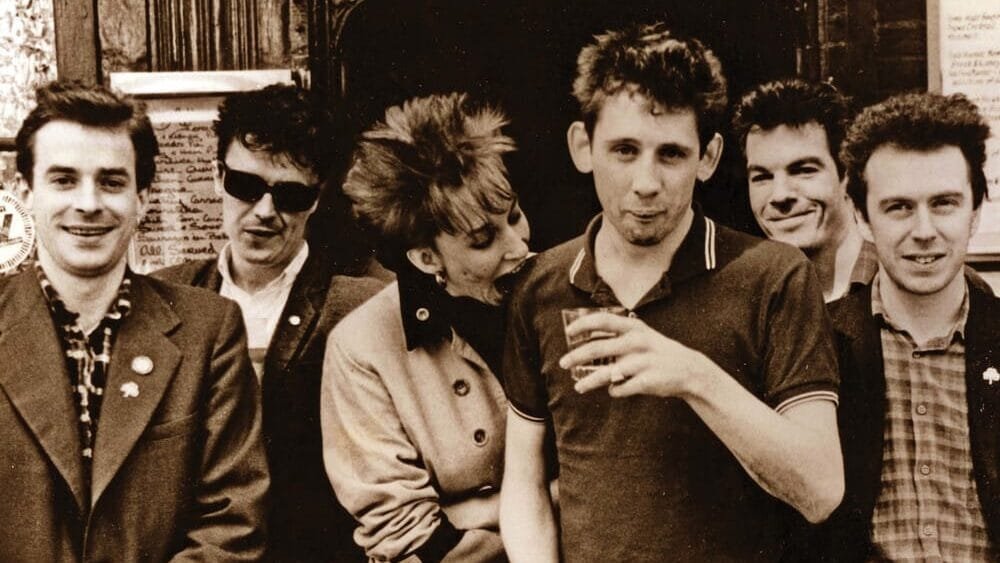
Póg Mo Thóin, Forever
Of course, The Pogues was never everybody’s cuppa. For some punks, they leaned too heavily into trad; for trad purists, they were an outright affront. Noel Hill of Planxty once criticised them for tarnishing the image of Irish music with the rowdy drunken Paddy image they would carry. Being true to their name —póg mo thóin— the trad-punk band replied by naming an instrumental track “Planxty Noel Hill” .
Forty years on, the Pogues have earned their place in the Irish musical pantheon. Shane MacGowan, always a figure of controversy and poetry, sadly passed away in Dublin in 2023. But the band left behind more than a handful of great albums — they left a legacy. One that fused tradition with rebellion, tears with swagger, and showed the way for bands like the Dropkick Murphys and Flogging Molly. Trad-punk may still be a contradiction to some, but thanks to the Pogues, it has a history — and a future.
